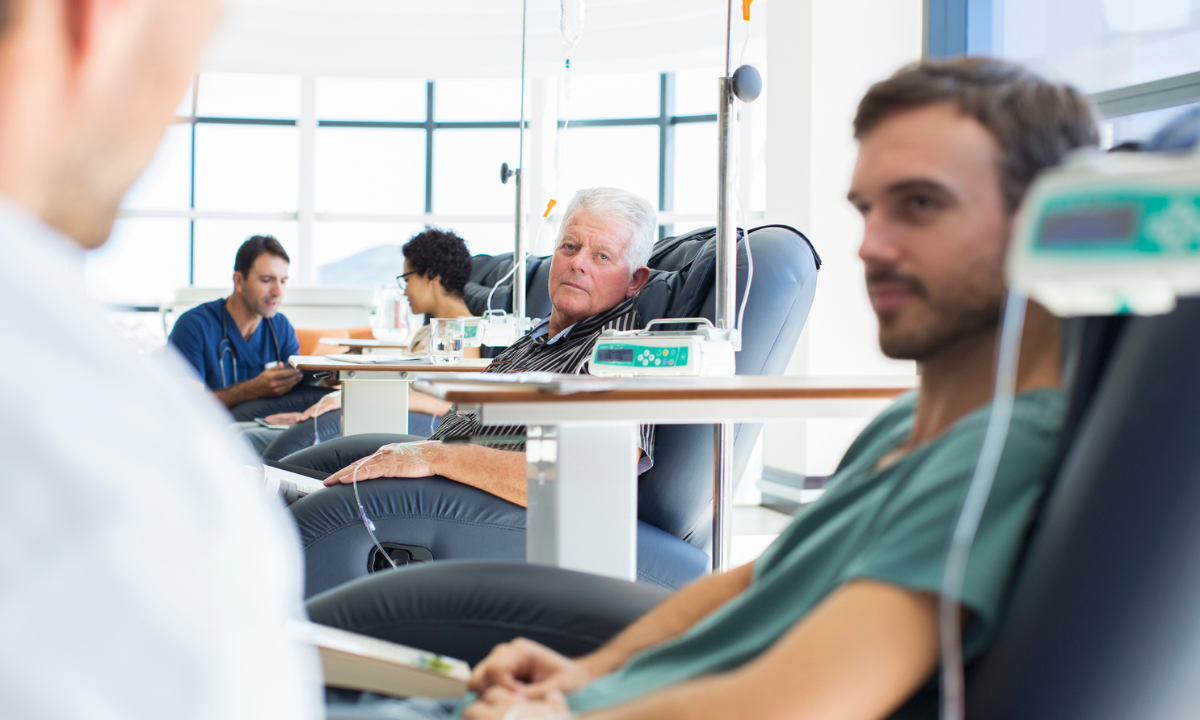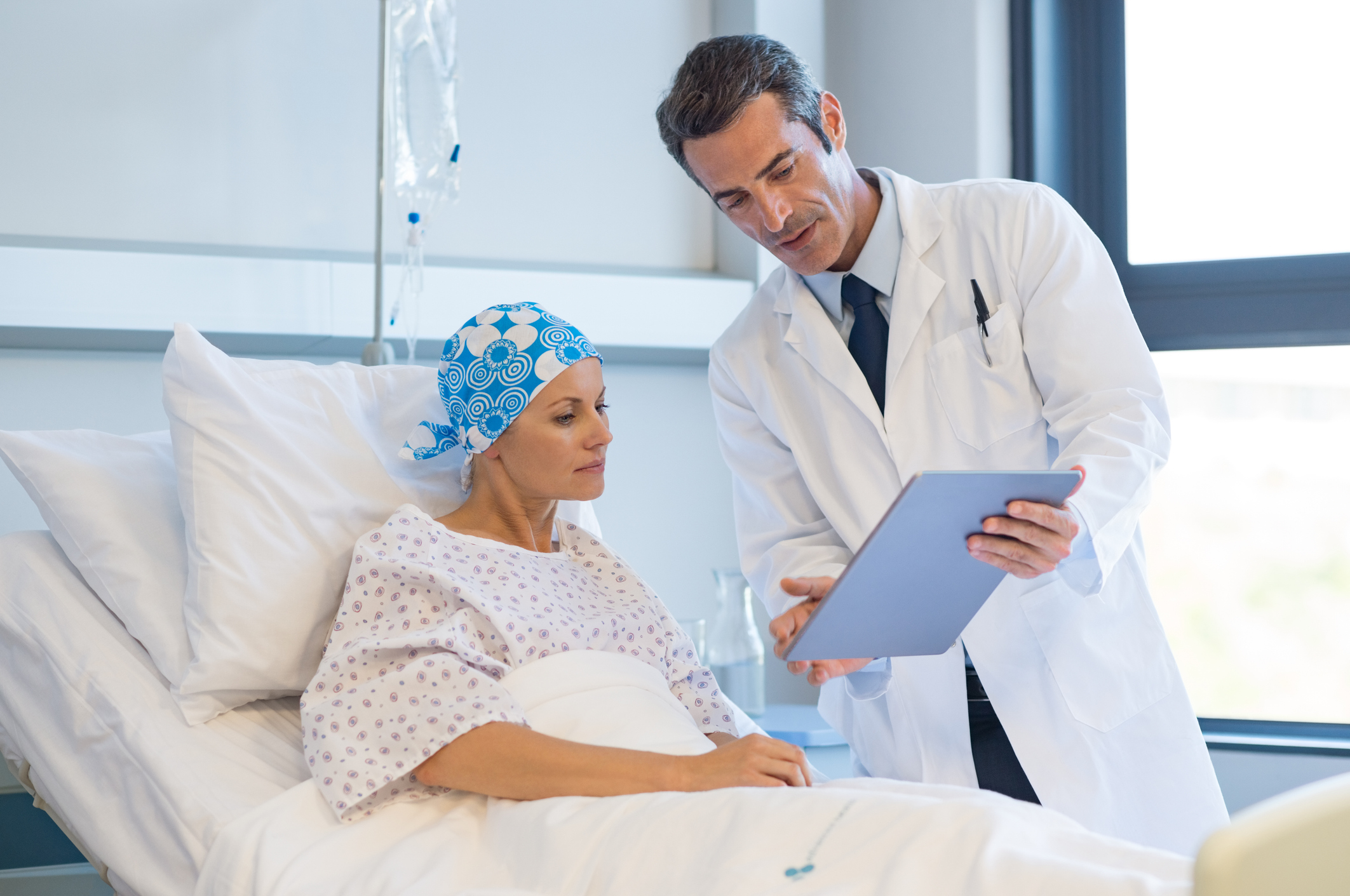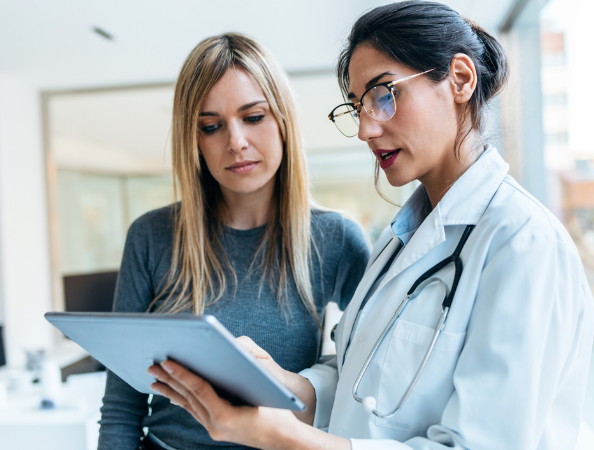Oncologist explains key tools for cancer patients: 'It's essential to know the ins and outs of treatment.'

The way a patient is informed after receiving a cancer diagnosis has a direct impact on their ability to cope with the disease. This is according to Dr. Juan Antonio Guerra Martínez, head of the Oncology Department at the Fuenlabrada University Hospital, who believes medical information is a key tool in cancer treatment : "It is essential that they know the details of the treatment they are receiving."
Speaking to Europa Press Salud Infosalus , Dr. Guerra Martínez emphasizes that "when a patient receives a cancer diagnosis , it is essential" that they understand the nature and behavior of their disease from the outset , even if it is in an early stage.
In his opinion, the patient should receive clear explanations about the diagnostic process, the need for surgery if necessary, and the reasons for administering treatment before or after the intervention.

Medical information should include details about the diagnosis and proposed treatment. Photo: iStock
"Information is a powerful therapeutic weapon," the specialist maintains. He explains that it allows patients to understand the decisions being made, understand the reasons for each step, and, at the same time, establish a relationship of trust with their medical team.
In treatments like immunotherapy, he adds, this knowledge is especially relevant: "Early treatment of side effects will prevent serious complications."
Less anxiety, more adherence For Guerra Martínez, an informed patient shows a better disposition toward the disease: "They have less anxiety, fewer side effects from treatments, and they trust their care team." This positively influences their psychological state, their attitude toward treatment, and their commitment to medical guidelines.
He adds that a good understanding of their situation "enhances their ability to make the best decisions when their opinion must be taken into account when deciding between various course of action."

The way information is communicated from the start is crucial to patient well-being. Photo: iStock
The oncologist warns about the risks of turning to unverified sources in the absence of medical information: "In the absence of sufficient, personalized, and reliable information from their doctor in all these areas, it is not uncommon for patients to make up for it by indiscriminately turning to the Internet as a source of information."
In this regard, she urges caution regarding content about "miracle diets," dietary restrictions, or treatments without scientific backing. "In some cases, these are recommendations that not only provide no benefit to the patient, but can even interfere with their treatments," she warns, stressing the importance of the medical team being informed about any substance the patient consumes, even if it is presented as natural.
Create an environment of trust Dr. Guerra Martínez insists that "patients should feel that their opinions are heard and taken into account regarding certain treatment options," and emphasizes that open communication is key to preventing the concealment of decisions or practices that could negatively affect treatment.
How information should be transmitted "Information should be administered based on each patient's needs and personal situation," says the head of the Oncology Department at the Fuenlabrada University Hospital, adding that "what is conveyed is just as important as how it is conveyed."
He recommends dispersing the information according to the patient's ability to assimilate it: "It is advisable to provide it at different times so as not to overwhelm the patient with too much information during the stressful moments of the first consultations."
Furthermore, it is suggested that communication be carried out in an appropriate environment, calmly and without rushing , giving the patient the impression that there is enough time to address their concerns and answer their questions.
In cases where treatment is administered before or after surgery, he also considers it beneficial for information about toxicities and complementary care to be provided by the nursing staff , "so that the patient feels supported by a complete team they know and trust."

Knowledge empowers patients to participate in medical decisions. Photo: iStock
*This content was rewritten with the assistance of artificial intelligence, based on information published by Europa Press, and reviewed by the journalist and an editor.
eltiempo




